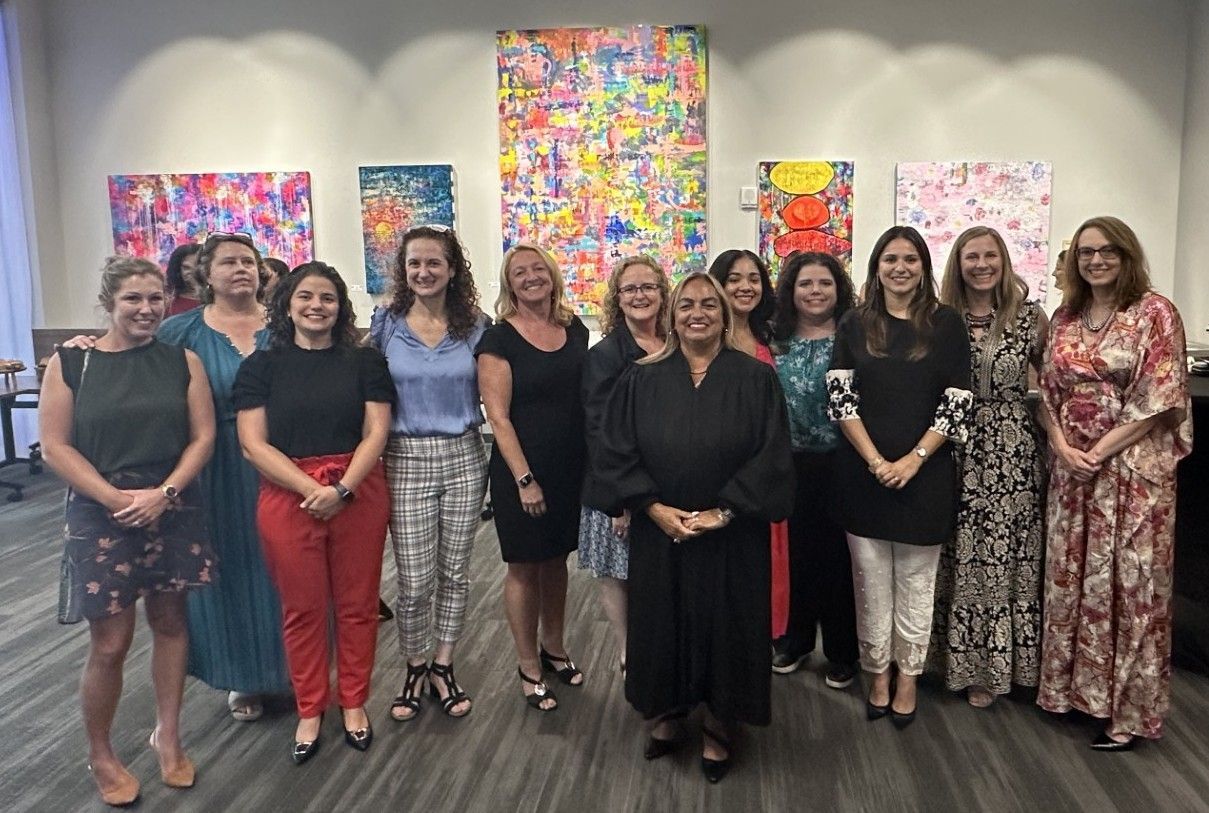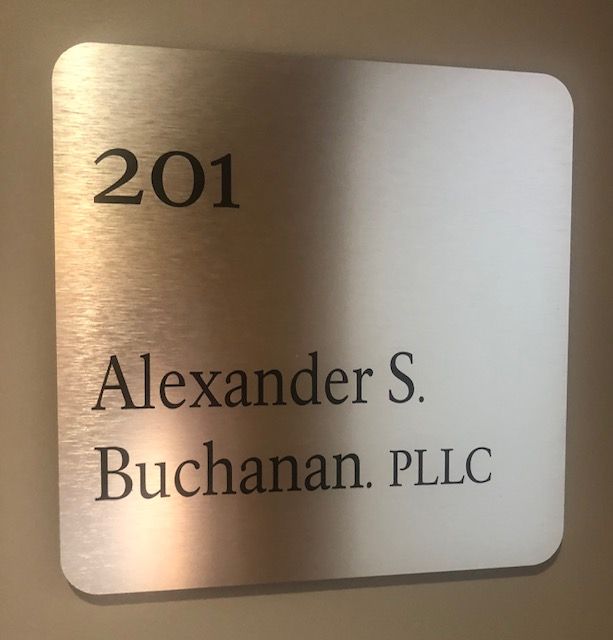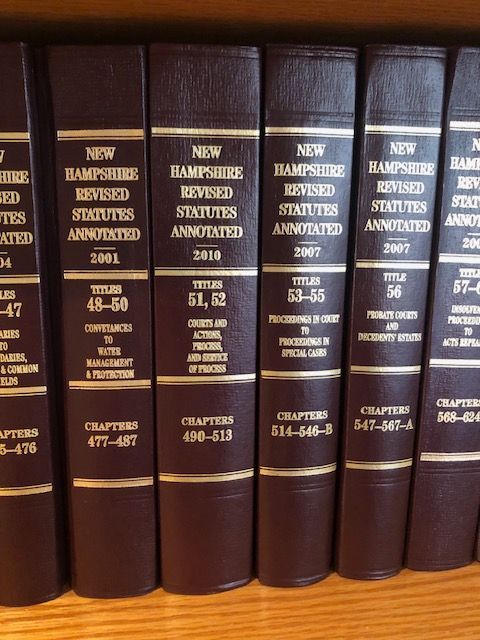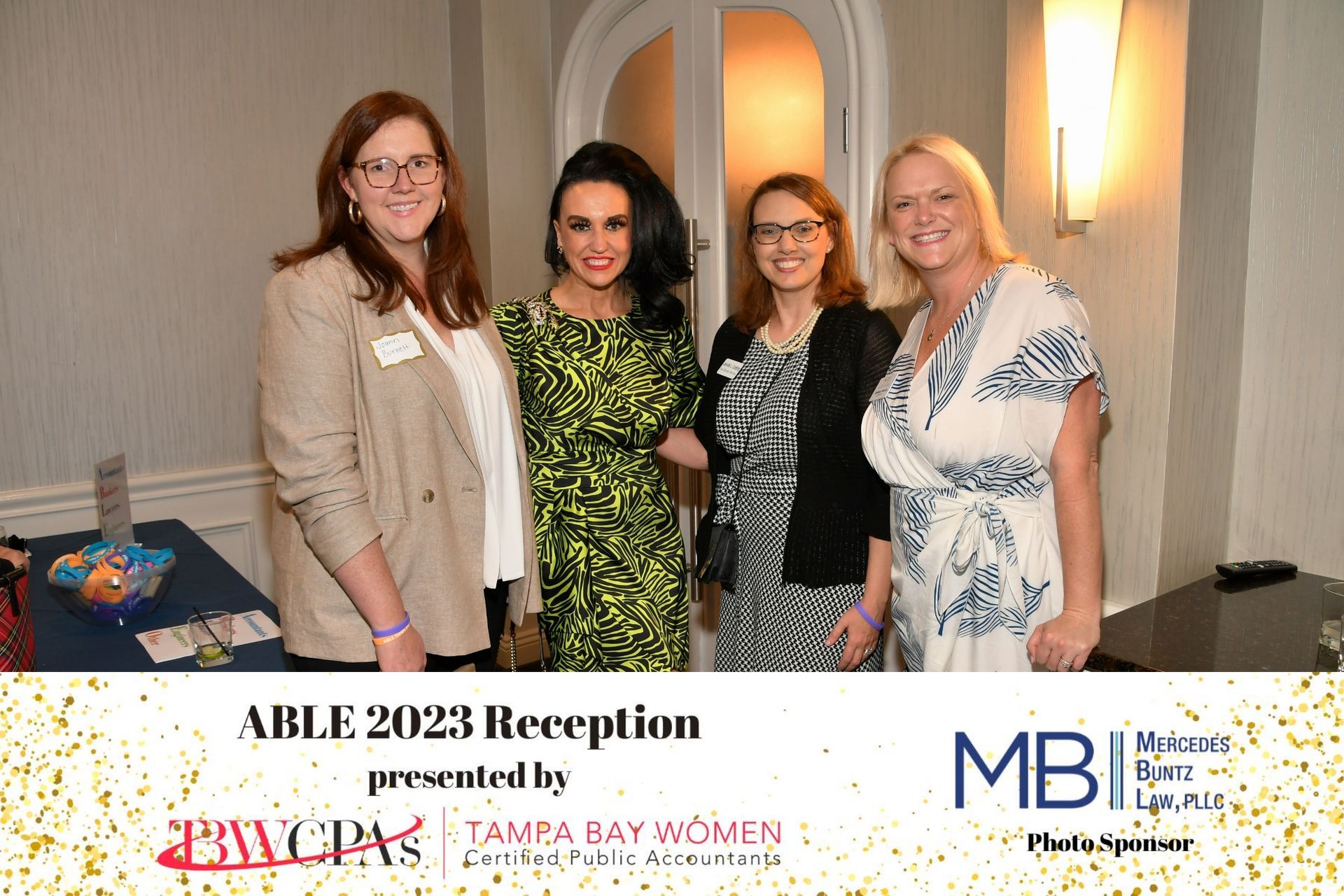Florida - Leading the Fight in Preventing Deed Fraud
New Law Makes it Harder To Commit Deed Fraud

Thanks to the hard work of the Florida legislature, a new law will strengthen Florida’s ongoing fight to protect property owners from fraudulent conveyances of their property. As of January 1, 2024, Fla. Stat. §695.26(c) will require that witnesses to a deed legibly print, type or stamp their post office addresses under their signature. Although Florida’s laws pertaining to conveyances of real estate were already stringent, requiring that a grantor’s signature be acknowledged by a notary public and witnessed by two witnesses, the requirement that witnesses provide their addresses will add an extra layer of protection for Florida property owners. Particularly, this will aid victims and law enforcement in locating and verifying the witnesses to the deed, and make it easier for the State to prosecute fraudsters.
How the Fraud Works
Although there are various schemes a fraudster can use to transfer real property fraudulently, one of the most prevalent schemes is to target vulnerable property. Vulnerable property generally meets most, if not all, of the following criteria: 1. The property is vacant 2. The property is located in a blighted area 3. The property owner is not maintaining the property 4. The taxes have not been paid for several years 5. The owner does not live locally 6. The property is unencumbered – meaning there is no mortgage or liens recorded against it.
Once a property is selected, the fraudster prepares a deed and gets his/her hands on a notary seal – whether through theft or creation via a computer. The fraudster then signs for the two witnesses and for the notary and records the deed. Once recorded, the fraudster sells the property and pockets the proceeds.
What Steps Closing Agents Were Already Taking
Prior to enactment of the law, many closing agents were already taking extra steps to help in the prevention of fraud. Particularly, if a title search showed a deed that was recently recorded for minimal consideration where the parties did not appear to be related, many closing agents would take additional steps to verify the validity of the deed. This generally would involve independently verifying that the property owner was aware of and did indeed execute the deed with the intention to convey. However, despite this extra effort by closing agents, fraudulent deeds were still slipping through. With this new law, the Legislature’s intent is to close the fraud gap, and if a deed slips through, make it easier for prosecutors to prosecute the fraudsters.
Common Penalties for Deed Fraud
If you are thinking that committing this crime will only result in a slap on the wrist, think again. In most cases, this type of fraud is classed as a felony. Various factors, such as the amount of the fraud and whether the victim is elderly, will determine which class of felony the criminal act will fall under. Since these crimes often involve violations of multiple laws, it is not unheard of for a fraudster to face a prison sentence of 30 years plus. In addition, if found guilty, a fraudster will likely also be required to pay fines and restitution to the victim.
Protecting Your Property
Many County Clerks in the State of Florida are helping with the fight against fraud by offering a free fraud alert service through their websites. Property owners who sign up for the service will be notified by the Clerk of any document recorded with their name on it in the County’s Official Records.
Lee County has also agreed to participate in a two-year pilot program called “Title Fraud Prevention Through Identity Verification”. Previously, the clerk’s office was required to accept and record a document if it met Florida’s statutory requirements, even if the document was fraudulent. With the new program, the Clerk requires that anyone who records a document in Lee County present a valid, government issued photo ID before the document is processed. If at the end of the pilot the program is deemed beneficial without placing an unnecessary burden on the County Clerks, the hope is that the program will expand to all 67 County Clerks within two years.
What to Do if You are a Victim
If you think you may have been a victim of deed fraud, contact your local law enforcement agency. If you are unsure if you have been a victim, the attorneys at Alexander S. Buchanan, PLLC can help by reviewing your title for fraud, and if fraud is discovered, serving as a liaison between you and law enforcement. Contact our office at 727-897-8686 or office@attorneybuchanan.com for a review of your case.





